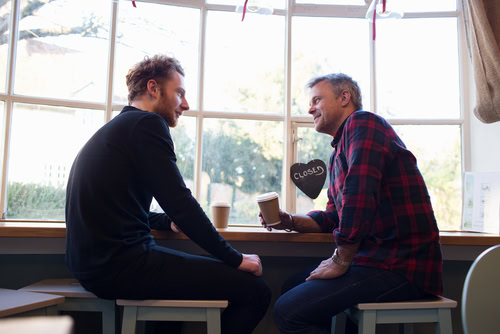The Role of Parents in Recovery

Often when a child, or even an adult child, goes into recovery parents feel lost or hopeless about how they can help their child through successful recovery. Elderly parents, in particular, may have preconceived notions about “minding their own business” and not becoming involved with an adult child’s recovery. They feel it often the adult child’s problem or they don’t want to “interfere” in their adult child’s life because after all, they are adults now. Becoming involved, however, be your child a Minor or Adult is one of the greatest gifts you can give your child in recovery. In fact, veteran Clinician’s advise the primary role any parent should play in their child’s recovery is to be a support system.
Many parents believe addiction, particularly to drugs is a “choice” and are unaware there is a mental health component to addiction. Being non-judgmental and not critical of the fact your child has developed an addiction is extremely important. Being able to “separate the deed from the doer” by educating yourself about mental health issues that may have led the child to the addiction is also insightful.
Parents who have, themselves, contributed to their child’s addiction by improper role modelling particularly when it comes to alcohol abuse may, themselves, feel shame. By becoming involved in your child’s recovery you can also learn how to no longer enable the child’s addiction and learn how to be open and honest about your own shame. You stand to gain many insights about your own addictions and how to change your own life course. Children want and need to know no one is perfect, particularly a parent, and that making mistakes in life are opportunities to learn and grow.
Communicating with your child consistently throughout their treatment and recovery is essential. Continuing to involve them in outside family activities such as barbeques, picnics, etc. also helps them feel less disassociated from other family members they feel may be judging them. Talking with siblings, encouraging non-judgmental involvement by having siblings visit the child in treatment are other support systems a parent can provide. First and foremost, however, the most important gift a parent may give a child in recovery is to reinforce the parent-child relationship by assuring them you are there for them at the end of their journey and you truly care enough to be actively involved in their recovery.
Let the Intent Clinical take the guesswork out of putting a treatment plan together. Our combined personal and professional experience empowers us to empower you with a private consultation and customized plan of action for getting the help you need. Call us today for information: 617 910-3940

